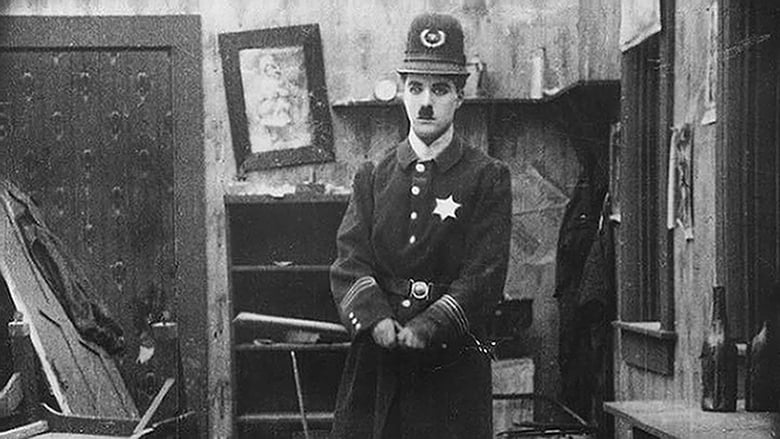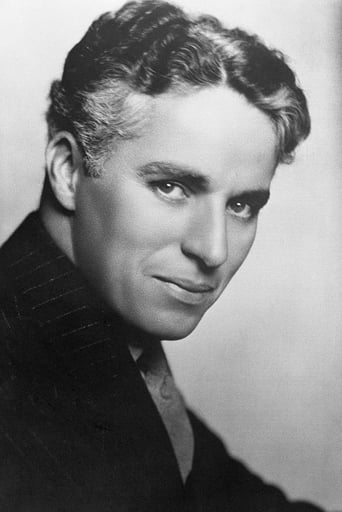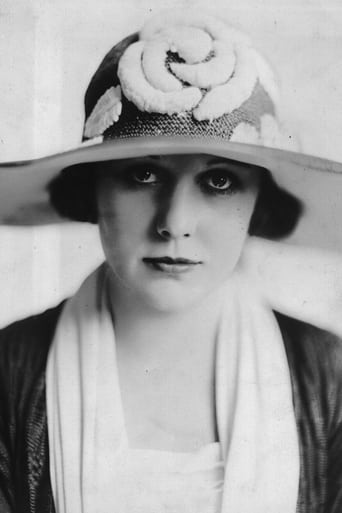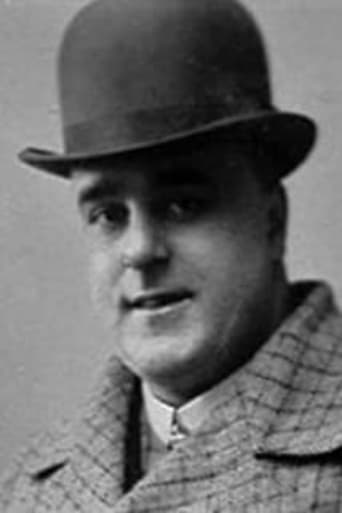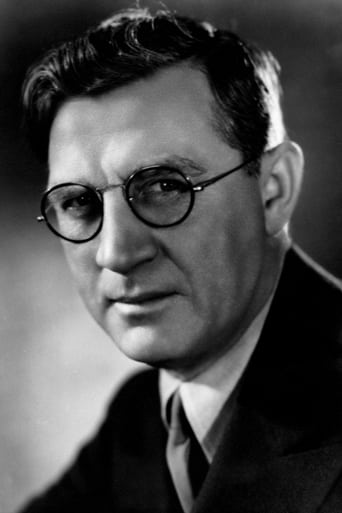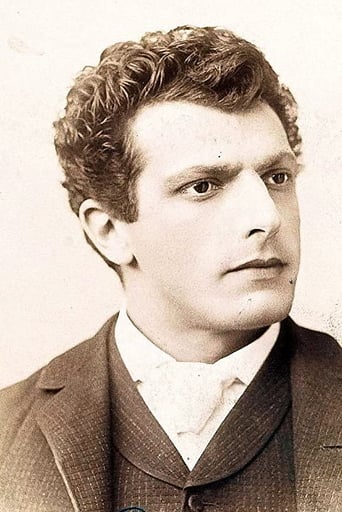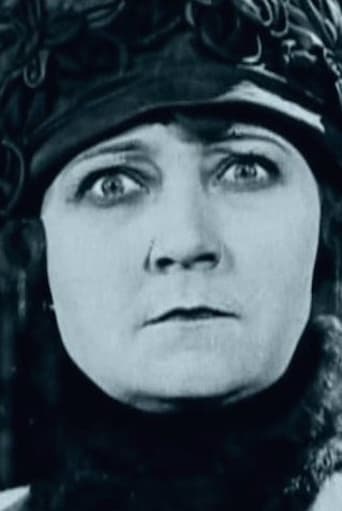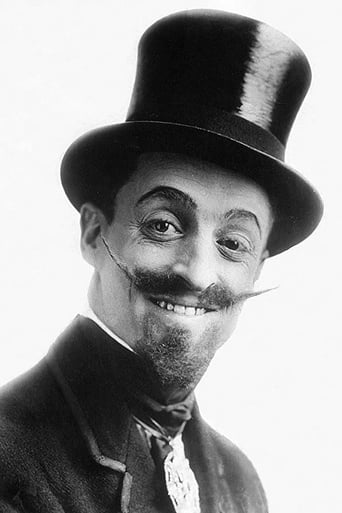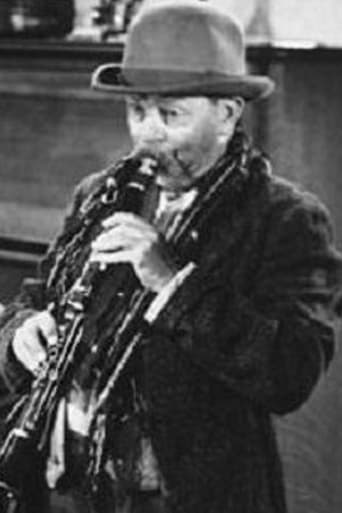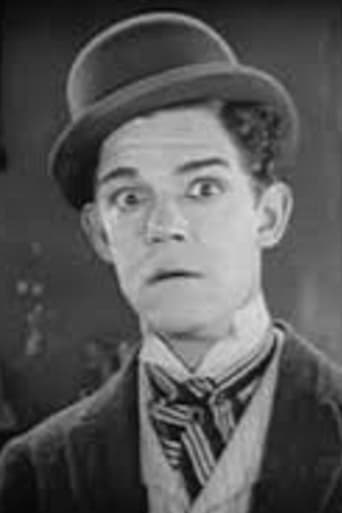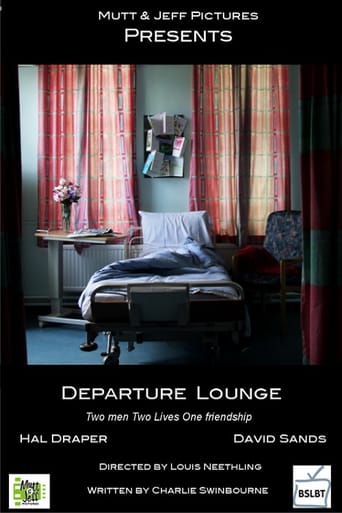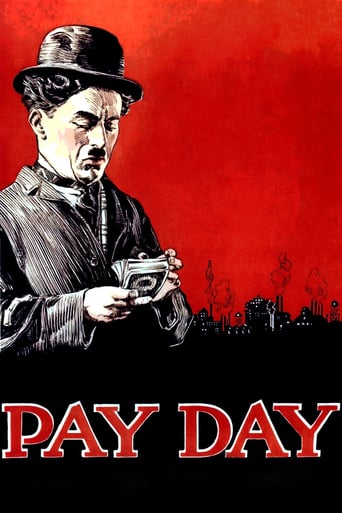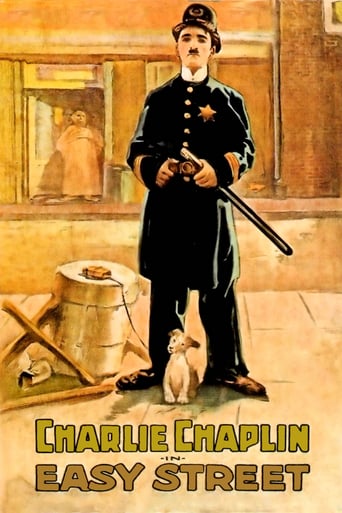
A derelict, huddled under the steps of a missionary church, feels enlightened by the sermon of a passionate preacher and infatuated by the beauty of the congregation's pianist, in such a way that he tries to improve his life of poverty by becoming a policeman. His first assignment will be to patrol along Easy Street, the turf of a vicious bully and his criminal gang.
Similar titles
You May Also Like
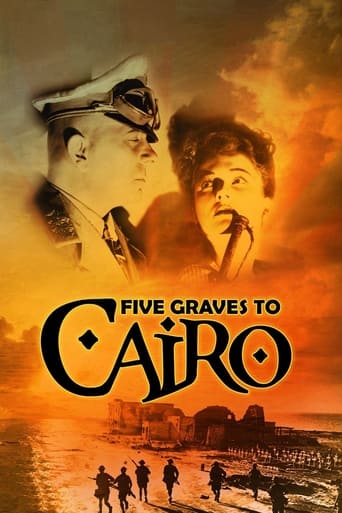
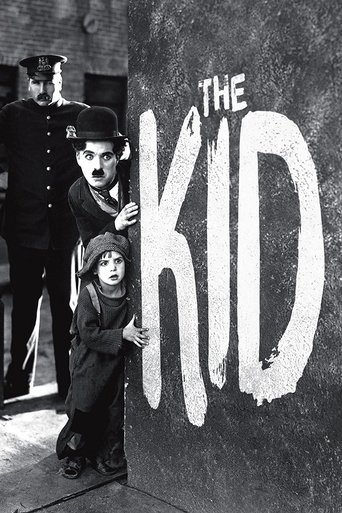
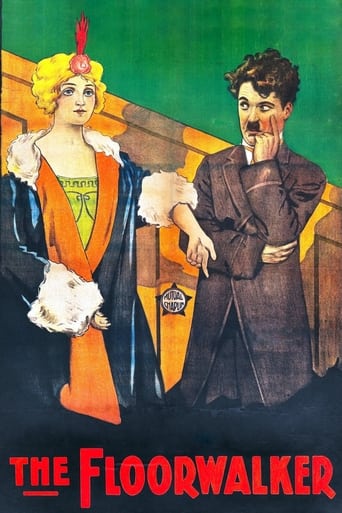
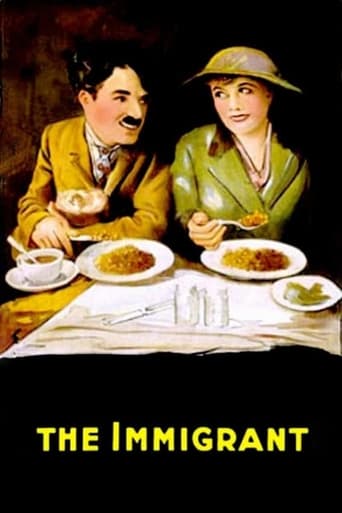
Reviews
Sorry, this movie sucks
Sadly Over-hyped
The film may be flawed, but its message is not.
It's the kind of movie you'll want to see a second time with someone who hasn't seen it yet, to remember what it was like to watch it for the first time.
EASY STREET (Mutual, 1917), Written and directed by Charlie Chaplin, stars Charlie Chaplin in another classic comedy short from his Mutual Studio 1916-17 period. A story comedy, this one contains the usual quota of slapstick, chases and assortment of characters in and around the tough district of Easy Street, with plotting that could have been lifted from a Bible story of "David and Goliath" where the meek (Chaplin) encounters with the way of the strong (Eric Campbell).Opening title card: "A new beginning." A homeless tramp (Charlie Chaplin) in the poor city district of town, sleeping by the bottom of the steps of the Hope Mission, is awaken by hymn singing parishioners. Entering the building, Charlie seats himself next to a woman and her baby. As the minister (Albert Austin) preaches his sermon, Charlie takes an interest in the young attractive organ player, Prudence (Edna Purviance), the preacher's daughter. In the meantime on Easy Street, police brave a losing battle of gang fights lead by a giant bully, Bill Basher (Eric Campbell) having the law enforcement officers carried away in a stretcher, bruised up in torn uniforms. A sign, "Policeman wanted," immediately posted outside the door attracts the attention of the passer-by Charlie. Now a new fledge police officer, Charlie's beat becomes Easy Street, which turns out not so easy when coming face to face with the meanest looking brute feared by the community, Bill Baster. Will Charlie live long enough to retire and collect his pension? Time will tell, even if it's only for twenty two minutes.EASY STREET certainly ranks one of Chaplin's finest. Though not particularly playing New York City's finest, situations depicted could very well be anywhere. A glimpse of a sign captured on screen indicates the setting to be Los Angeles, California, and not in Charlie's homeland of the dive district of London. What makes those Chaplin Mutual comedies to be his best would be his creative genius of turning a simple story and making it as funny as can be, even with serious suspenseful moments by placing hero and heroine inside a locked room with a dope fiend. Of course there's the oft-casting of Edna Purviance as Charlie's female co-star, and other staff players as Henry Bergman, Frank J. Coleman, Charlotte Mineau, John Rand and Loyal Underwood in their assigned roles. None come close to scene stealing as Eric Campbell, the bully of the district. Working under Chaplin's company for the eighth time, Campbell abandons the traditional weird beard for a dirty face, shaved head and pointy eyebrows in the matter of the devil's horns. Of the scenes depicted, the best segments are those involving Chaplin and Campbell: Campbell showing how solid his head can be as Officer Charlie hits it repeatedly with his club; a scene involving them using a street lamp; and of course, the end result not to be missed. With Campbell often labeled as "Chaplin's Goliath," for EASY STREET, he's Chaplin's Hercules, considering his super human strength and ability to break out of tight situations, including handcuffs.Aside from Charlie promoting himself from tramp to policeman, there's moments in between his official duties where he shows heart and humility towards those in need, such as a hungry woman caught stealing a loaf of bread to feed her family. For Chaplin, he doesn't do this for sentimental purposes but showing how his character can be just as human as anyone else, and still get few laughs in the process.Years before cable television broadcasts as Arts and Entertainment in the 1980s, EASY STREET had become one of many early Chaplin comedies to be shown on either public or commercial television, the latter as part of the 1960s series, "Charlie Chaplin Comedy Theater." Prints containing 1920s sounding orchestral score with singing and sound effects from 1930s reissues were most commonly shown on PBS stations prior to 1972, the same prints acquired from Blackhawk/Republic Home Video in eighties and nineties. At present, restored prints, new orchestral scoring with silent film projection speed have become available from Kino Video in both video and DVD formats , the same prints occasionally used on Turner Classic Movies (TCM premiere: December 6, 1999). Next Chaplin Mutual comedy, THE CURE (1917). (***1/2)
Not all of Charlie's two reelers could shoot out the lights but this is among his most amusing. He has the tramp role down pat but for most of the film he takes a job as a policeman on the roughest street in town, ruled over by the Gargantuan Eric Campbell, here with beetling black eyebrows.There's hardly any point in going over the plot. Charlie manages to subdue Campbell -- twice -- which the entire police force has been unable to do. There is a slight disjoint as Charlie cleans up a drug den and saves Edna Purviance from the advances of a crazed addict. Charlie winds up presiding over a new Easy Street. The residents are now all respectable and polite. Even Campbell, newly dressed, makes sure he escorts his lady friend to the New Temple while walking on the side towards the curb. The street is now cleaned with no garbage in the gutters. All ends well.It's amazing that the silent comedians could do so much with so little. I mean -- a funny movie in which nobody can speak? And the sets are rudimentary -- basically one room (altered in appearance) and one T-shaped street. The camera couldn't move. Yet, in the best of the silents, these obstacles were overcome and little gems like "Easy Street" were the result.
The tramp needs money to get around, and first tries to steal it from the Mission. But then he decides to actually do something with his life, gives back the money and becomes a police officer. He takes on the big villain and makes everything right again in the neighbourhood.As stated before on this pages, this is an early try from Chaplin to make some social points on this one. The athmosphere is a lot darker than his other shorts, with the fighting a bit heavier (we see Campbell actually throwing a police officer against some other), and the appearance of what seems to be a drug addict.It sure isn't my favourite Chaplin short, though there are some funny moments. I'm a bit surprised it gets so much praise (and a high grade) on these pages. For real classics (in my very, very humble opinion) watch The Aventurer, Pay Day or The Tramp instead.6/10.
Easy Street starts with Charlie with as a poor, destitute tramp. After attending a storefront revival service, and meeting the always delightful Edna Purviance, he decides to turn his life around. He quickly gets a job as a policeman and he finds himself assigned to Easy Street, the worst neighborhood in the city ruled by tough Eric Campbell. Using his own unorthodox tactics, Charlie eventually subdues Eric and neighborhood and they all live happily ever after.Easy Street was one of the twelve films Chaplin made for Mutual. Mutual gave Chaplin unprecedented freedom and responded by giving them, overall, twelve of the best comedy shorts ever made. Easy Street is easily the best of them. It is a very funny short. This is the film I show when I want to introduce someone to Chaplin or silent films in general. The gags are inventive, and they are extremely well-played by his regular company of Mutual performers. Chaplin himself is at his best in this film, but where would he be without Eric Campbell, the best heavy he ever played against. (Sadly, Campbell would die in a car accident after the completion of the Mutual comedies. His loss would be felt in the First National comedies, which rarely reached the heights of the best Mutual work.)But there is more to Easy Street than laughs. It is unusually mature for a silent comedy of its period. Chaplin usually presented his tramp character as a happy-go-lucky figure - a vagabond by choice, not circumstance. This film starts with the tramp as a down-and-out character, much in need of the new beginning he gets at the mission. In perhaps his first attempt at social commentary, Chaplin provides an unblinking view of ills of the society of the time. The most graphic example is the drug addict shooting up with a needle. People often have a misconception of silent comedies being simply quaint. That isn't quaint. This is a must see.
Top Streaming Movies











